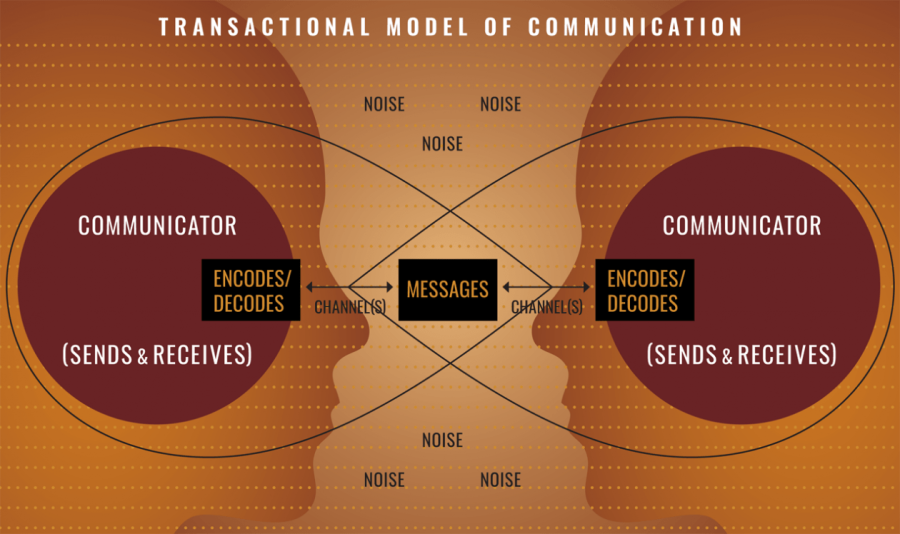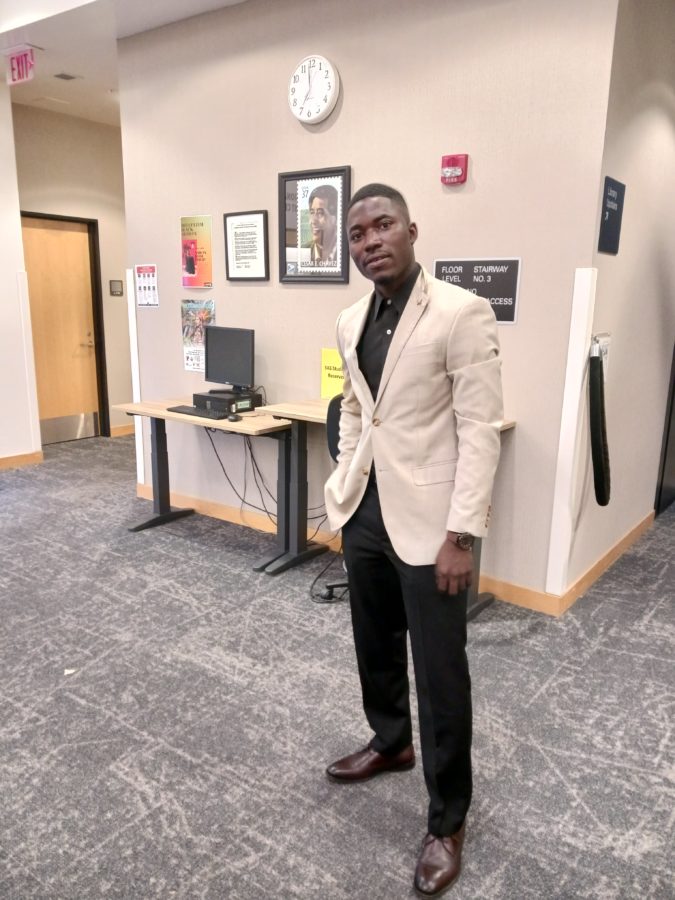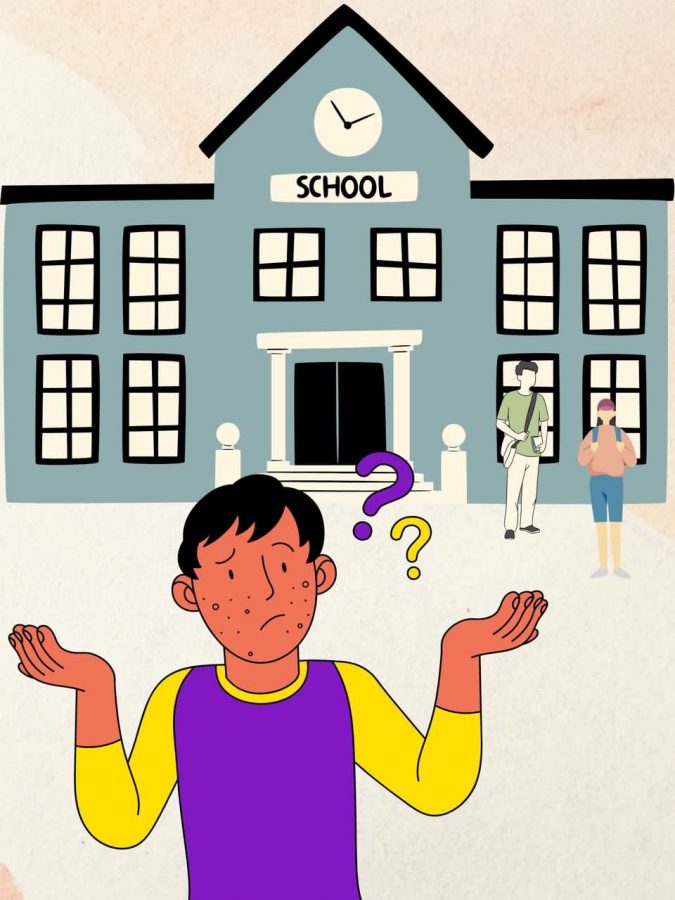In my household, many barriers prevented my mom from getting her annual physical appointment. She was scared to go to a doctor who spoke a language she could not understand.
Would her provider understand her concerns and give thorough explanations to her questions?
Money was tight so how could she selfishly go to the clinic and pay the high copayment fees? What if they ignored and brushed away her unexplained sharp pains? Eventually, I was able to reassure her worries and accompanied her to her first appointment.
Even though I am fluent in Vietnamese, I am not well versed in medical terminology. When her diagnosis of stage 4 uterine and ovarian cancers was presented to her, I was not able to interpret the conversation as accurately as I wished to, causing my mom’s concerns to spiral.
What are interpreter services doing if they’re not helping? How can reliable health information be easily accessible to all individuals, regardless of the language spoken? How can we advocate for greater accessibility in all health aspects?
About 57.6% of San Jose citizens spoke languages other than English in 2018, and San Jose is home to the largest Vietnamese population outside of the United States according to the 2010 U.S. Census.
In many healthcare settings, there is a bias toward not needing interpreters. If the patient’s children understand their first language, they assume the role of a medical interpreter, but this can have dangerous health implications as the health information presented to the patient is not reliable and may be misunderstood.
When there is any indicator of interpreter need, it should be addressed in an efficient and timely manner. Not all clinics have the financial ability for interpretation resources.
This is where our county’s funding should provide easily accessible and standardized resources in Vietnamese and other languages at all clinics to serve as an immediate strategy.
This includes informational pamphlets on common medical terminology, common diagnoses, common medications, how to navigate an appointment, explanations of the different types of insurance and locations and hours of low-cost and free community clinics.
Vietnamese-speaking physicians can also help raise awareness by speaking about these topics.
Compiling translations of updated news and developing health information in one central outlet should be prioritized.
Medium-term solutions include accountability systems for on-site interpreters and succinct and reliable interpretation on the phone.
As for long-term deliverables, there should be linguistic competency to serve the non English-speaking populations.
Ultimately, conquering misinformation through greater accessibility of resources will ease the fear, resentment and mistrust of the government and its associated healthcare systems for many in San Jose’s community of Vietnamese Americans.
This attitude stems from experiences and observations that were caused by the lack of cross-cultural understanding and language barriers.
From an individual level, please interpret, explain thoroughly and share cross-checked information from different local news outlets and infographic accounts to your close ones. This would open conversations about the cultural stigma, lashback and judgment with asking for help.
To impact your local community, please take time to hold your elected officials accountable in the Board of Supervisors meetings and Board Policy Committee meetings, ensuring that they are furthering outreach and interpretation programs.
Hand out and post informational pamphlets and fliers on health information in community hotspots. Big or small, a step forward in the right direction is a significant step forward to a more equitable future.
For a list of health centers and the languages interpreted in various counties, visit: https://www.chpscc.org/_assets/images/docs/Clinic%20List_08.7.17.pdf.
For a Vietnamese-English glossary and news in Vietnamese, visit: https://www.pivotnetwork.org/.
PIVOT is an organization that promotes Vietnamese American rights, increasing participation and understanding of the voting process and providing mentorship and resources to Vietnamese American youth.
To learn more about the key health issues within the Vietnamese American community in Santa Clara County, visit: https://publichealth.sccgov.org/sites/g/files/exjcpb916/files/vha-full-2011.pdf to read this report published in 2011 by Santa Clara County.
Caroline Le is a pre-medical student who recently graduated from San Francisco State University. She was a participant in Stanford Medicine’s Leadership Education for Aspiring Physicians (LEAP) program in 2021 to spread accurate healthcare information and to increase the accessibility of interpretation services in her home of San Jose. Caroline’s project focuses on the Vietnamese-speaking population in San Jose and the Bay Area. Le was a former student at San Jose City College.







